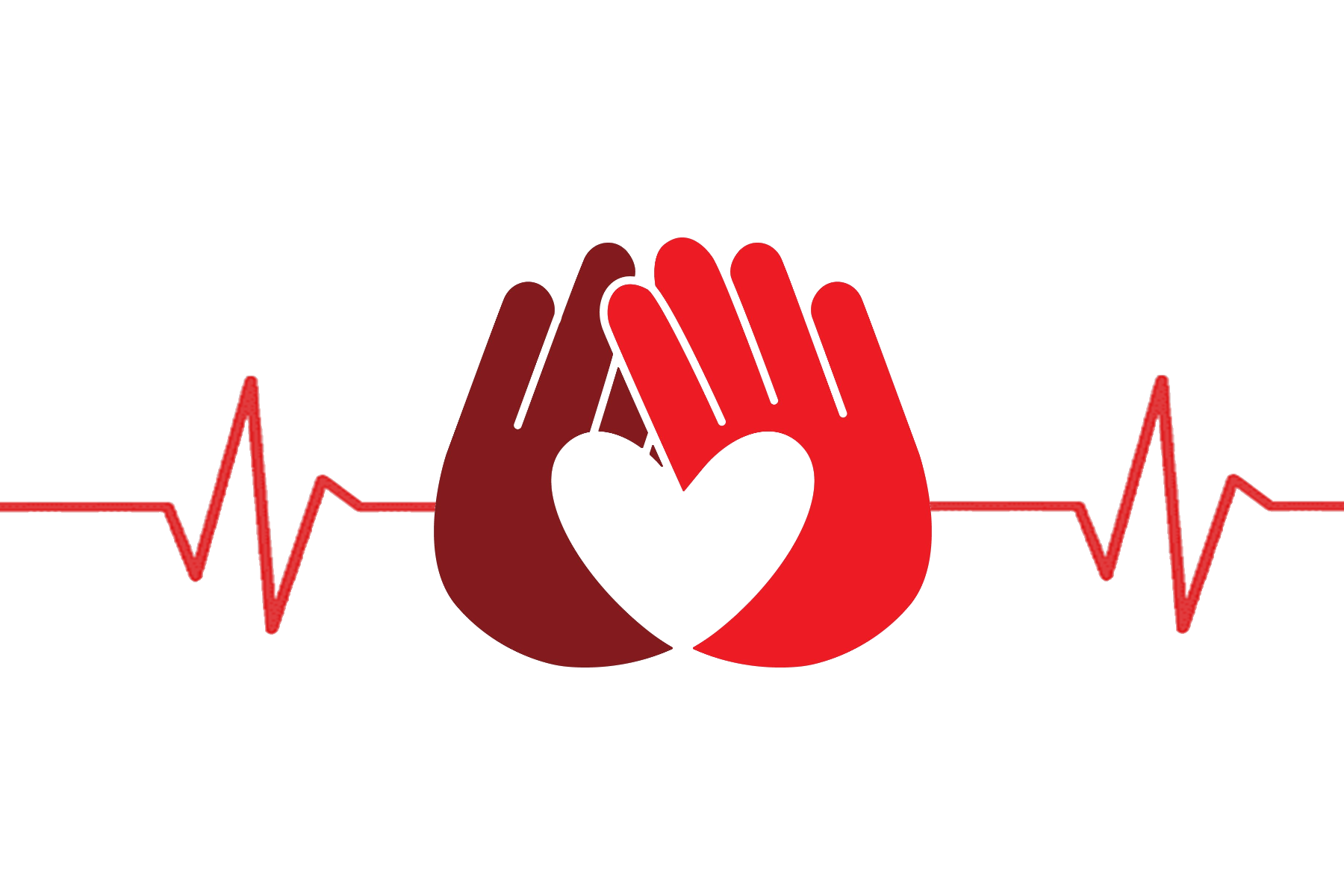MASSAGE DURING A RADIOTHERAPY/CHEMOTHERAPY CYCLE

There are various considerations to take into account when planning a massage treatment for a client with cancer, for example:-
- Physiological and psychological wellbeing
- What stage of the disease is the client in?
- How has the client’s treatment affected them (mentally and physically)?
- How has the disease affected the client (mentally and physically)?
- Where is the cancer?
- Surgery
- Where was the surgery?
- How intensive was the surgery?
- How long ago was the surgery?
- How is the client recovering?
- What are the client’s pain levels?
When a client is undergoing radiotherapy or chemotherapy, there will be further considerations
- There may be both short term and long term side effects from treatment, such as scarring, peripheral neuropathy, restricted movement, nausea, alopecia, sore nail beds
- There may be cannulas, central lines or ports in situ
PRECAUTIONS WITH RADIOTHERAPY

- Radiotherapy targets not only targets the specific tumour site but also surrounding organs, so this must be taken into account
- There will be increased tissue fragility both during and after radiotherapy treatment but techniques can be adapted to minimise the stress on the tissue
- While the target area of the radiotherapy should not be massaged, as it could interfere with delivery of subsequent treatments, other areas not in the radiotherapy pathway can still be treated
- Cardiac and respiratory function may be compromised, as well as bone integrity, so these will also need to be considered by the therapist
- The lymphatic system may also become overextended so consideration will also be given to minimising the stress on the body and taking care not to overload the lymphatic vessels
BENEFITS OF MASSAGE SPECIFIC TO RADIOTHERAPY TREATMENT
- Fatigue, nausea, vomiting and diarrhoea are common side effects but massage can assist with increased nutritional uptake due to better digestive functioning, meaning you can fight the cancer more effectively and regulate bowel movements
- Skin tenderness – massage can help to prevent sores and dry itchy skin through improved circulation, reduce adhesive qualities of the tissue ie. improving permeability and alignment, and improve range of motion which may be limited by tight or sore scar tissue. Cold/heat packs can be used but must be wrapped in a towel due to hypersensitivity
- Increased risk of lymphoedema – massage can help to reduce oedema
- Dysfunctional organs and glands in the radiotherapy field may be rebalanced with massage, eg. the parasympathetic nervous system, digestive system
BENEFITS OF MASSAGE SPECIFIC TO CHEMOTHERAPY TREATMENT

- Fragile/sensitive skin - massage can help to prevent sores and dry itchy skin through improved circulation, Cold/heat packs can be used but must be wrapped in a towel due to hypersensitivity
- Nausea/vomiting/diarrhoea/constipation – massage can stimulate the digestive system, improving functioning and helping to regulate bowel movements, appetite and increase nutritional uptake
- Peripheral neuropathy and fatigue – often caused by nerve degeneration but massage can help to regulate the nervous system
- Pain – massage releases natural pain relieving endorphins, helping to improve healing capacity
- Oedema – use of manual lymphatic techniques may help to reduce lymphoedema and reduce stress on the lymphatic system
- Anxiety/depression/emotional volatility - reduces stimulation of the sympathetic nervous system and the stress response which will promote relaxation and increases endorphin release to combat depression
- Insomnia – encourages deeper respiration and reduces stimulation of the sympathetic nervous system and the stress response which will promote relaxation. Improved sleep means better healing potential and general functioning
- Joint and muscular pain - reduce adhesive qualities of the tissue ie. improving permeability and alignment, and improve range of motion which may be limited by tight or sore scar tissue
- Memory deficits – massage can help to increase mental clarity and decision making
- Alopecia – while massage of the scalp wouldn’t be recommended during episodes of extreme hair loss, it can be used to boost circulation of the scalp and promote regrowth following a treatment cycle
CAN I HAVE AN ONCOLOGY MASSAGE DURING A RADIOTHERAPY OR CHEMOTHERAPY CYCLE?
Yes you can but you must see a qualified oncology practitioner who knows how to adapt your treatment to ensure that it is a safe on and will not interfere with your chemotherapy or radiotherapy.
Due to the fatigue and sickness associated with chemotherapy and radiotherapy, a massage treatment should not be given within 24 hours before or after a treatment day. Also some products can interfere with delivery of radiotherapy treatment so this avoids causing problems on the treatment day or irritating the skin further.
If you are undergoing radiotherapy, massage to the treatment field should be avoided due to hypersensitivity, and any areas of broken or bruised skin, should also be omitted. However it is safe to have massage in other areas.
If you are undergoing chemotherapy, any known tumour sites should be avoided as well as any bruised areas (chemotherapy may predispose a client to bruising due to reduced blood count – thrombocytopaenia or neutropaenia).
Whichever treatment is in place, any massage should only be given by a certified oncology professional who has carried out an in depth consultation with you, and who can safely carry out a light massage which does not increase stress on the tissues
